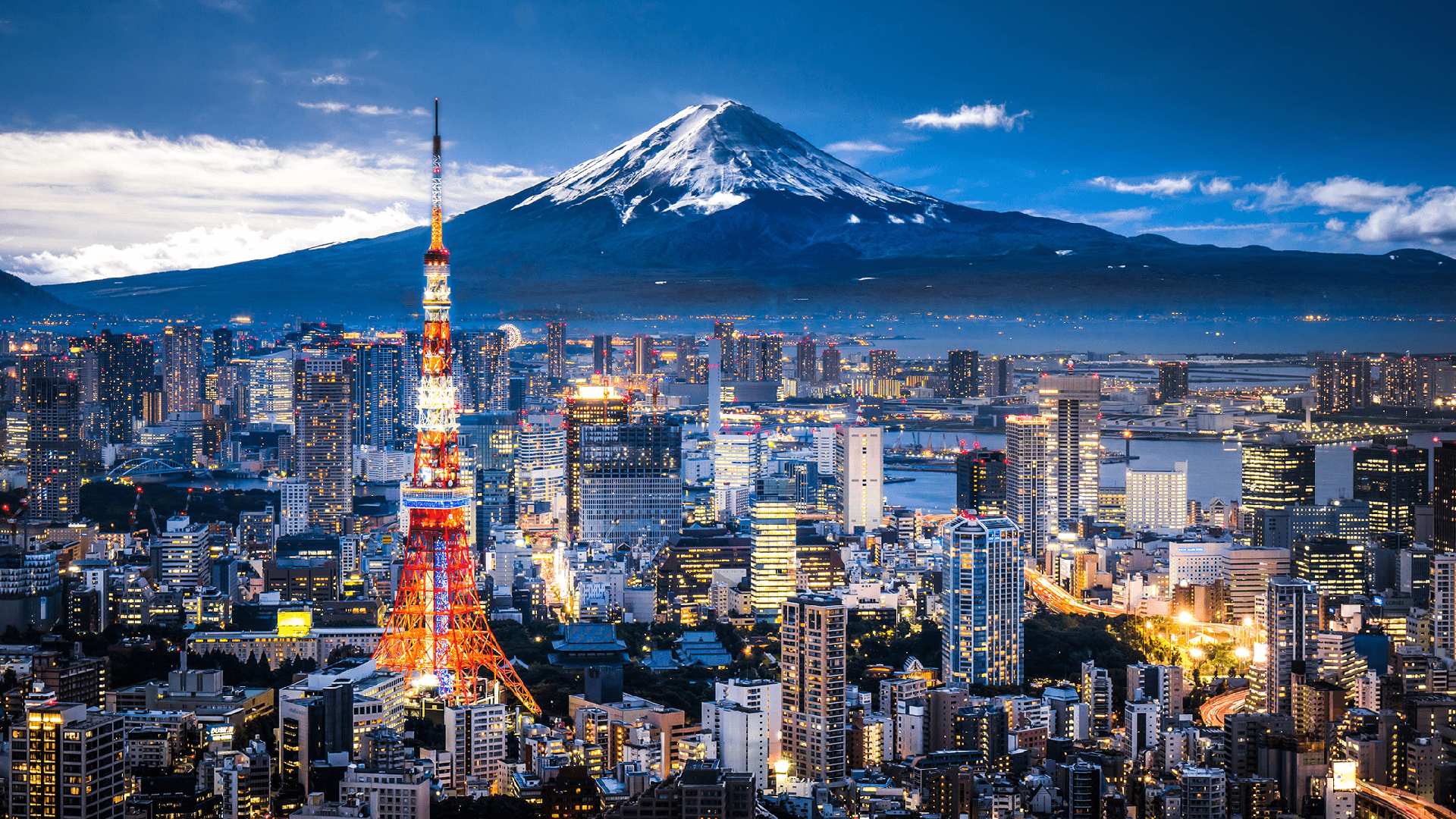
Japan Casino Bids Could Resume, Study Says Millions of Japanese Gambling Online
Japan's casino bidding may restart next year to implement the country's 2018 gaming legislation that permitted up to three integrated resort (IR) projects.
Under the guidance of then-Prime Minister Shinzo Abe, Japan’s National Diet legislated its gaming bill to establish casino resorts similar to those in Las Vegas and Macau in the Land of the Rising Sun. Abe and his dominant Liberal Democratic Party (LDP) supported the casino law to boost tourism.
Seven years later, only one casino license has been granted, and construction is finally starting to progress seriously. Japan’s careful, measured approach to establishing regulations for the upcoming gaming sector, combined with a worldwide pandemic that disrupted the financial stability of casino firms and led to a sharp rise in labor and construction expenses, caused many potential bidders to abandon their proposals.
MGM Resorts International was among just two proposals left when Japan’s Casino Regulatory Commission started assessing applications in 2023. MGM’s plan for Osaka received approval, while Casinos Austria’s proposal for Nagasaki was rejected.
GGRAsia, an online gaming news source concentrating on Asian markets, initially disclosed that Japan may start a second round of casino bidding in the upcoming year. Nonetheless, the Japanese government has not made any official statement.
Thailand Influence
The source in communication with GGRAsia expressed concerns about a second round of bidding for casinos in Japan and whether previously interested firms would reconsider making a significant investment in the nation. Companies that showed interest but ultimately withdrew in 2020 included Las Vegas Sands, Melco Resorts, Wynn Resorts, Galaxy Entertainment, Genting Group, and Hard Rock International.
Interest in a Japanese casino might be dampened by Thailand advancing with its own gaming reforms. A proposal to permit casino resorts in Bangkok, Chon Buri, Chiang Mai, and Phuket is anticipated to be approved this year. Sands, Genting, Melco, MGM, and Wynn have shown interest in pursuing opportunities in Thailand.
“There are only a few quality bidders that have the [financial] strength to participate in more than one,” the source, described as a “gaming sector executive,” told GGRAsia. “Based on the terms as we know today, the Thai license will have priority.”
Japan Virtual Betting
In Japan, gambling is currently restricted to parimutuel betting on horse racing, motorsports, and lotteries. A new report indicates that millions of residents continue to engage in illegal online gambling.
According to Japan’s National Police Agency, approximately 3.4 million individuals residing in Japan engaged in online gambling last year, with the majority partaking in illegal, unregulated offshore casino sites. The data probe indicated that roughly four out of ten internet gamblers did not realize that their activities were against the law.
The police investigation found that ¥1.24 trillion (US$8.4 billion) was wagered online in 2024. Approximately 75% of online gambling participants reported to researchers that they first registered to engage with free social casino websites and applications, but later transitioned to paying for real money slots and table games.
Japan intends to address potential social issues from legalizing casinos by imposing a ¥6,000 (US$40) entry fee for residents and restricting their monthly visits.












